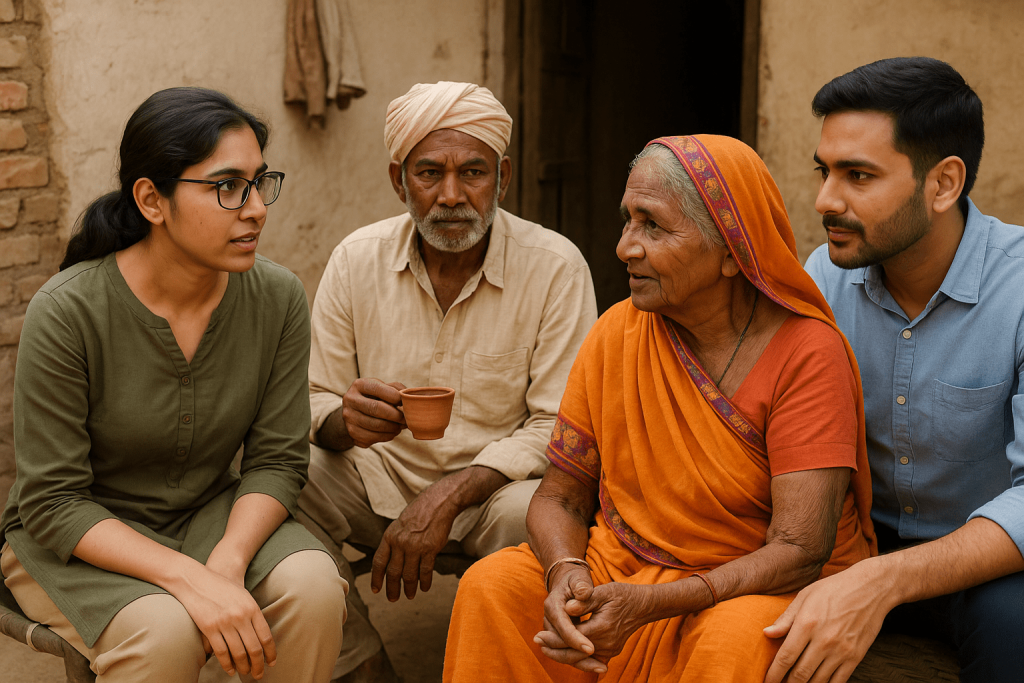I belong to a tribal family hailing from the tea plantations in North Bengal. While growing up, I saw my school friends drop out to go back to work in hotels and restaurants in Pune and elsewhere. Desperate situations and low incomes force families to send their children to work in small hostels and shops away from home to contribute to the total family income. These may also be cases of bonded labour.
Some parents succumb to various diseases, as they are unable to afford proper and timely treatment. Due to increased health expenditures, I have seen some families fall into severe debt traps too. As a result, the children are adopted by some people to work in their homes. In such desperate times, many teenage girls are forced into prostitution. Due to these economic strains, low income households are compromising on the consumption of quality and nutritious food. This adversely leads to greater risks of malnourishment, illness and disease.
I was lucky to get off these ‘working traps’, early enough. I leveraged financial assistance and got enrolled in Jadavpur University. In fact, I was the first from my family and from my entire village to study beyond the school level. At university, I enjoyed being involved in various activities rather than merely studying in the classroom. I was also involved in the huge student-led movement, “Hokkolorob”.
This was one reason why I joined the social sector post college. Understanding the various social issues that plague society enables me to revisit my childhood experiences and attempt to understand the root causes. The region around my hometown is particularly known for its ‘three Ts’ – tea, timber and tourism. The British set up the tea industry in the colonial period, and it served as a major employer of people in the region. This industry still employs many local, tribal people and people from other states (like Odisha) as bonded labour.
Post independence, the Plantations Labour Act (1951) was formed to protect the rights of the workers who were exploited during the British colonial rule in India. Nevertheless, the mindset and exploitative practices of employers in the tea industry did not change. Even today, after so many decades post independence, the workers in these tea gardens continue to face problems in terms of minimum wages, health, drinking water, education and proper housing. There is also data regarding greater out-migration by local youths, higher rates of human trafficking and higher rates of malnutrition from this region.
Even with so many NGOs working in our country today, only a few of them are particularly working to safeguard the interests and well-being of the tea plantation workers. There is a significant lack of awareness about the issues faced by the workers in tea gardens.
While simply sipping on tea occasionally and speaking about these various social issues – we must also do our bit to bring the issues faced by labourers who work in the tea gardens to the knowledge of the larger public as well as the media and civil society organisations, so that they can look into these issues. Not many people know about the hard work, sweat and toil that is a part of a tea-maker’s daily struggle to make ends meet. Few people know about the tough lives and hardships that these labourers face, everyday.
A lot of people live far away from these realities, and do not even know where the tea they drink comes from, and who the people who work in these tea plantations are. It is my dream to start such sensitive discussions and more of these chai ki charcha. I know that this situation can improve, and each of us can develop more empathy and understanding to the needs and troubles of others around us.




